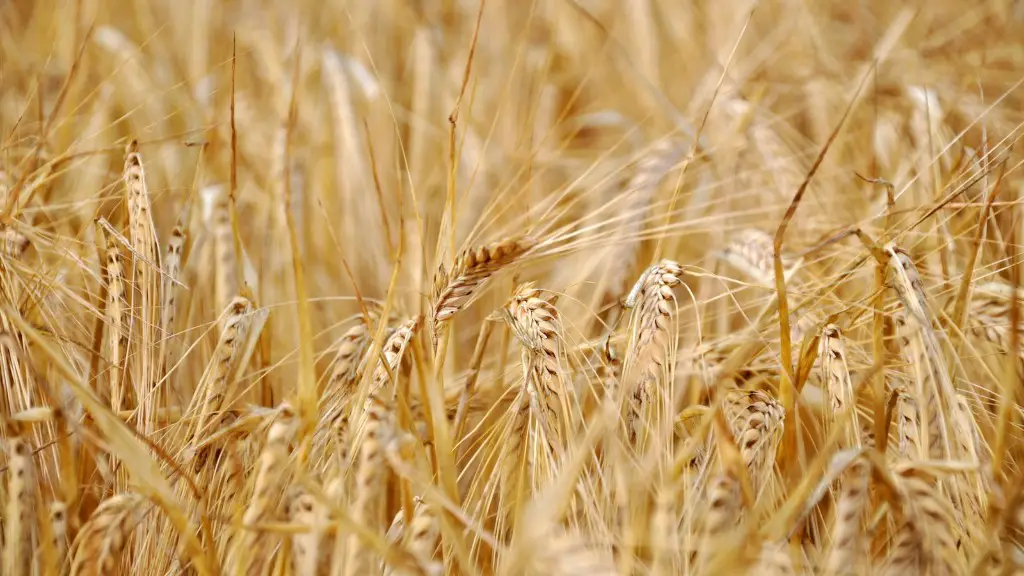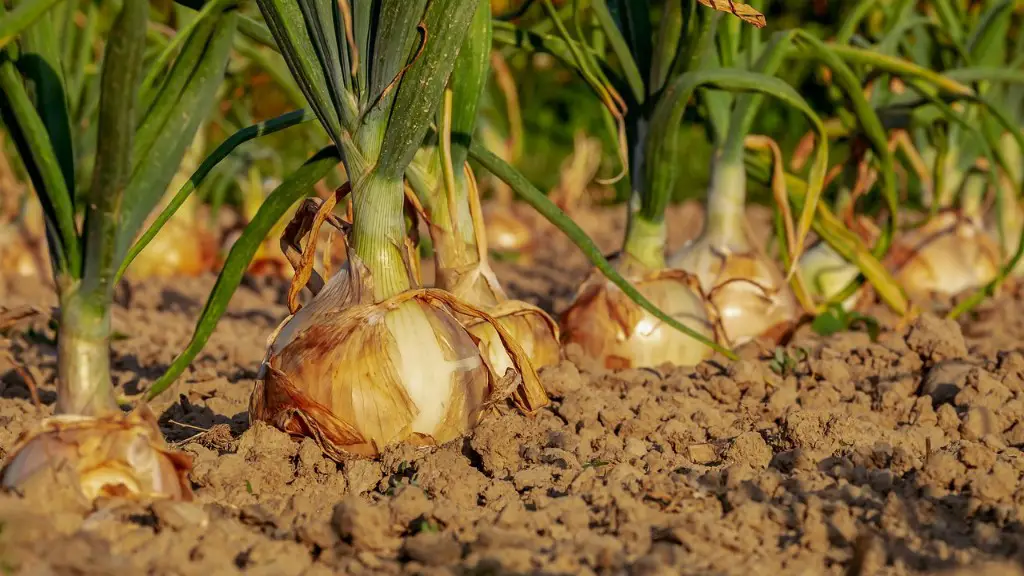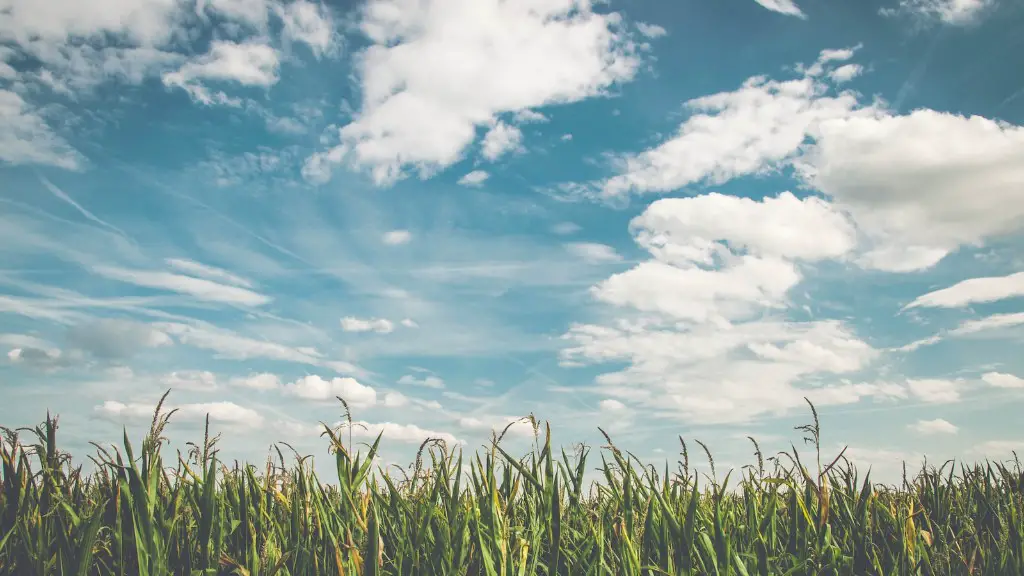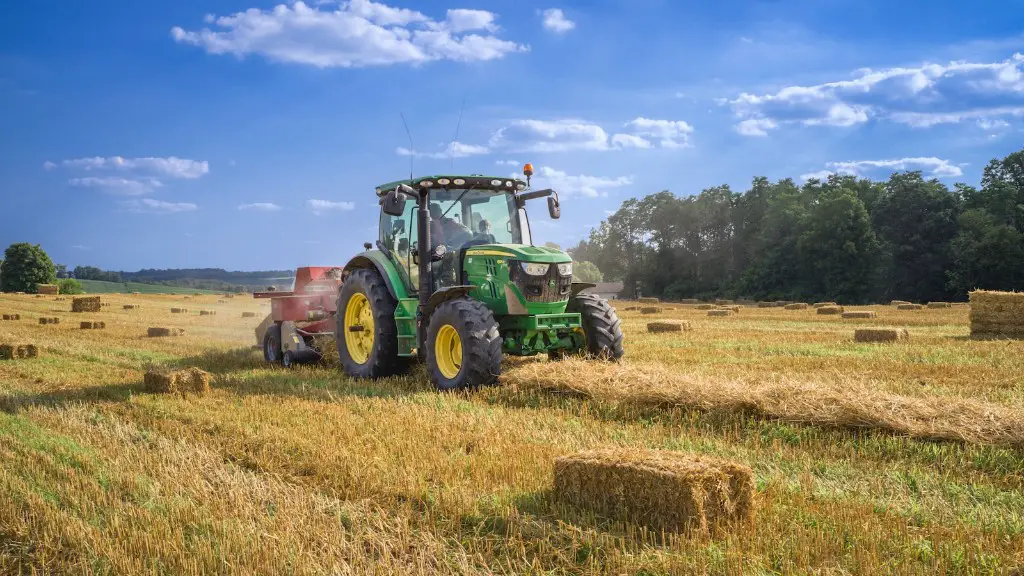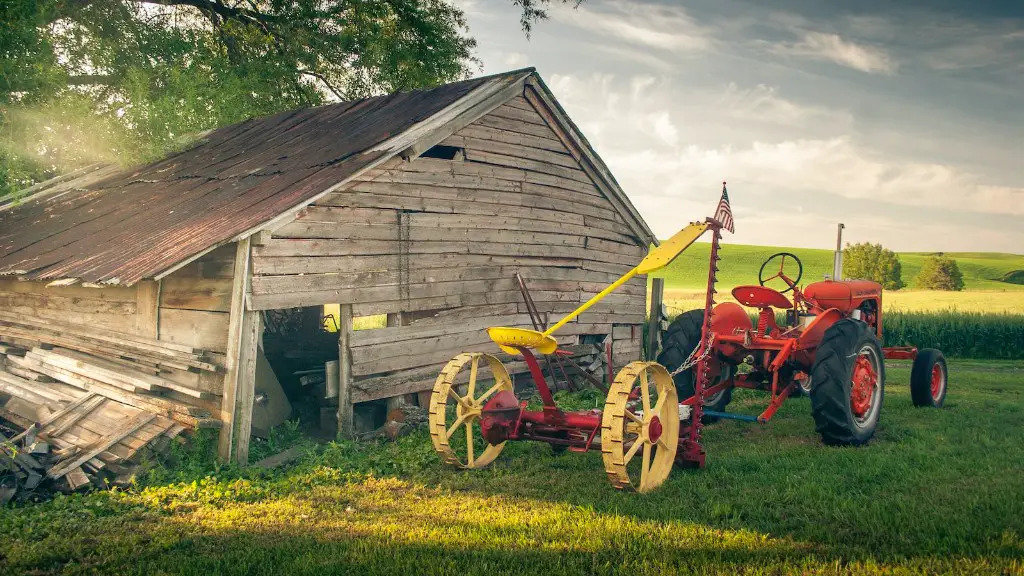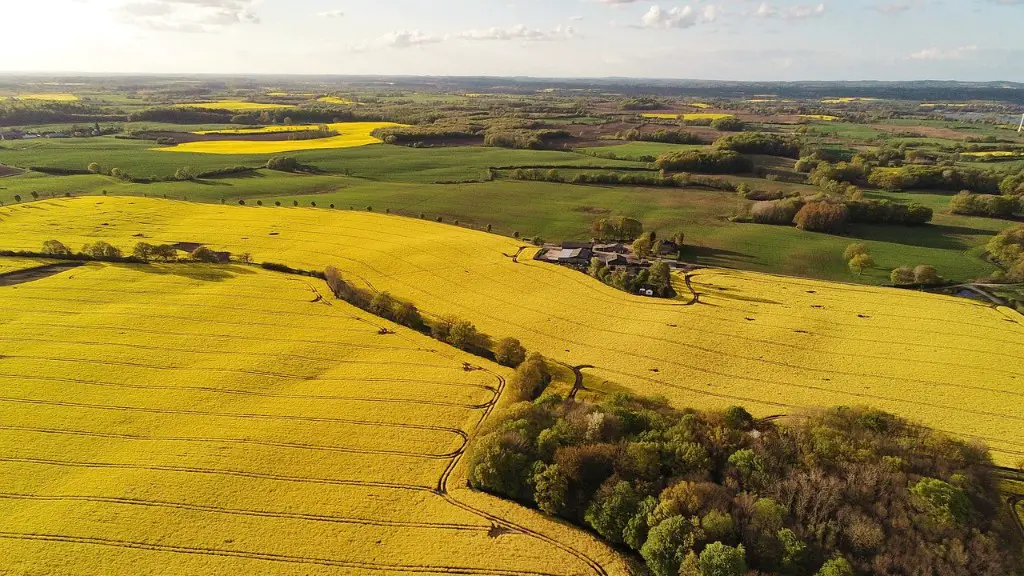The study of agriculture is important for many reasons. It helps us to understand how our food is grown and how our environment is affected by agricultural practices. It also helps us to understand the biology of plants and animals and the ecology of soils.
A degree in agriculture can lead to a career in farming, food science, agribusiness, or environmental management. There are many opportunities for those with an agriculture degree to make a difference in the world.
If you are interested in a career in agriculture, there are a few things you need to do to get started. First, you will need to find a program that offers a bachelor’s degree in agriculture. There are many colleges and universities that offer this type of program.
Once you have found a program, you will need to apply to the school. You will need to submit your transcripts, SAT or ACT scores, and a personal statement. You may also need to submit letters of recommendation.
After you have been accepted to a program, you will need to complete your coursework. Most programs will require you to take classes in biology, chemistry, and physics. You will also need to take classes in agriculture, such as agronomy, animal science, and horticulture.
There is no one-size-fits-all answer to this question, as the application process for BSc Agriculture programs may vary depending on the school you are applying to. However, some tips on how to apply for BSc Agriculture programs may include:
1. Finding the right program: Make sure to research various BSc Agriculture programs in order to find the one that best suits your interests and needs.
2. Applying early: Many BSc Agriculture programs have rolling admissions, so it is important to submit your application as early as possible.
3. Meeting admission requirements: Be sure to check the admission requirements for the BSc Agriculture program you are applying to and make sure you meet them.
4. Submitting supporting documents: In addition to your application, you will likely need to submit transcripts, test scores, and letters of recommendation.
5. Applying for financial aid: If you need financial assistance to help pay for your BSc Agriculture program, be sure to fill out the Free Application for Federal Student Aid (FAFSA).
Which entrance exam is best for BSc Agriculture?
The KEAM: The Kerala Engineering, Architecture, and Medical Entrance Examination (KEAM) is an entrance examination series for admission to various professional degree courses in the state of Kerala, India. It is conducted by the Commissioner of Entrance Examinations.
The KCET: The Karnataka Common Entrance Test (KCET) is an entrance examination conducted every year by the Karnataka Examinations Authority (KEA) for admission to professional courses in the state of Karnataka, India.
The AP EAMCET: The Andhra Pradesh Engineering, Agriculture and Medical Common Entrance Test (AP EAMCET) is a state-level entrance examination for admission into engineering, agriculture and medical courses in the state of Andhra Pradesh, India. It is conducted by JNTU Kakinada on behalf of APSCHE.
The TJEE: The Tripura Joint Entrance Examination (TJEE) is a state-level entrance examination conducted by the Tripura Board of Joint Entrance Examination (TBJEE) for admission to engineering, medical and other professional courses in the state of Tripura, India.
The government of Telangana has increased the number of seats in BSc Agriculture to 120 from 60 in all of its six agricultural colleges in the state. It has also doubled the seats to 240 from 120 in its College of Agriculture, Rajendranagar. The total number of seats offered for the 2022-23 batch will now be 960 in BSc.
How can I get admission in BSc Agriculture in Telangana
BSc admissions in the state of Telangana along with admission into other similar undergraduate level programmes such as Bachelor of Fisheries Science (BFSc) and Bachelor of Veterinary Sciences and Animal Husbandry (BVSc & AH) is done on the basis of TS EAMCET also known as Telangana State Engineering, Agriculture and Medical Common Entrance Test. Candidates who have qualified in the TS EAMCET examination are eligible to apply for admission into the various BSc programmes offered by the universities and colleges in Telangana.
To be eligible for a B.Sc. in Agriculture, you must have completed 10+2 with a minimum of 50% aggregate marks from a recognized board with subjects like physics, chemistry, biology, and mathematics. You must also have completed a three-year diploma in agriculture from a recognized institution.
Can I get BSc Agriculture without NEET?
It is true that students cannot get admission into government universities and colleges without appearing for an entrance exam. The entrance exam could be either ICAR AIEEA or state-level. The students will have to score well in order to get admission into their choice of college.
The BSc in agriculture is a more practical course, so it is not as hard to study. You will be taught everything you need to know in your degree, and all of the practical knowledge will be provided. There is nothing to worry about.
What is the fees of BSc Agriculture Telangana?
There are several BSc in Agriculture colleges in Telangana that offer a wide range of programs to students. The total fees for these programs can vary from Rs. 57,600 to Rs. 176 lakhs. Some of the notable colleges include Acharya N G Ranga Agricultural University, Professor Jayashankar Telangana State Agricultural University, Agricultural College, Professor Jayashankar Telangana State Agricultural University.
BSc Agriculture Honors is a four-year undergraduate degree course in Agriculture, the minimum eligibility criterion for which is successful completion of higher secondary education (10+2) in science stream with a minimum percentage of 50% to 60% aggregate marks from a recognised board. The course curriculum is designed to provide students with an in-depth understanding of the subject matter and prepare them for a career in the field of agriculture. The core subjects taught in the course curriculum are either PCM or PCB.
What is the qualifying marks for BSc agriculture
In order to be eligible for a BSc in Agriculture, students must have a minimum score of 50% in their higher secondary school examination or any equivalent examination. This subject is perfect for those who want to enter the agricultural field and have a passion for the environment and science.
Ranks in between 32 and 45000 are good for getting admission in colleges for Bsc agriculture. The reason being, most of the agricultural colleges have their cutoff ranks within this range. Therefore, if you want to get admitted into an agricultural college, you should ideally score within this range.
Is KEAM necessary for BSc Agriculture?
So, the KEAM entrance test for examination is not necessary for Bsc agriculture. However, you will need to have at least a minimum of 50% marks in your Class 12th exams in order to be eligible for Bsc agriculture courses.
The fee for BSc Agriculture tends to be lower than other programs, making it a more affordable option for students. Additionally, the skills and knowledge gained from this degree can be applied to a variety of careers, making it a versatile and valuable choice.
Can I join BSc Agriculture without KCET
The admission process for the BSc Agriculture/ BTech Agriculture Engineering course for the academic session 2023-24 will be conducted by the Karnataka Examinations Authority (KEA). The candidates must have a valid score in KCET 2023 to be eligible for the admission process.
You should know that to do BSc in Agriculture, you need to score an aggregate of 50-60% in your Class 10+2 with Physics, Chemistry and Biology. As you are an Arts student, you cannot do BSc Agriculture. I hope this will be beneficial for you.
Can I take BSc Agriculture without biology?
It is not necessary to have a degree in biology to be eligible for the ICAR exam. The exam can be taken by students with a degree in math or any other field.
There is no dearth of opportunities for BSc Agriculture. It is a professional degree course which is better than a BSc course.
Conclusion
There is no one-size-fits-all answer to this question, as the process of applying for a bachelor’s degree in agricultural sciences may vary slightly from one educational institution to another. However, there are some general steps that students can follow in order to increase their chances of being accepted into their desired agricultural program.
1. Firstly, students should research the different types of agricultural programs offered at various colleges and universities. They should narrow down their choices to a few schools that offer programs that match their interests and career goals.
2. Once they have a list of potential schools, students should begin to gather the necessary application materials. This usually includes transcripts, letters of recommendation, and a personal statement.
3. The next step is to fill out the applications and submit them to the schools. Some programs may require students to take an entrance exam, such as the GRE, before they can be considered for admission.
4. After the applications have been submitted, students will likely be contacted by the schools for an interview. This is an opportunity for students to demonstrate their passion for and knowledge of the agricultural field.
5. Once the interviews have been completed, the schools will make their decisions and notify the applicants of their status.
There are a few steps you need to take in order to apply for Bsc Agriculture. Firstly, you need to check if you meet the requirements for the program. Secondly, gather all the necessary documents required for the application.Thirdly, submit your application along with the required documents. Lastly, wait for the decision of the admission committee.
